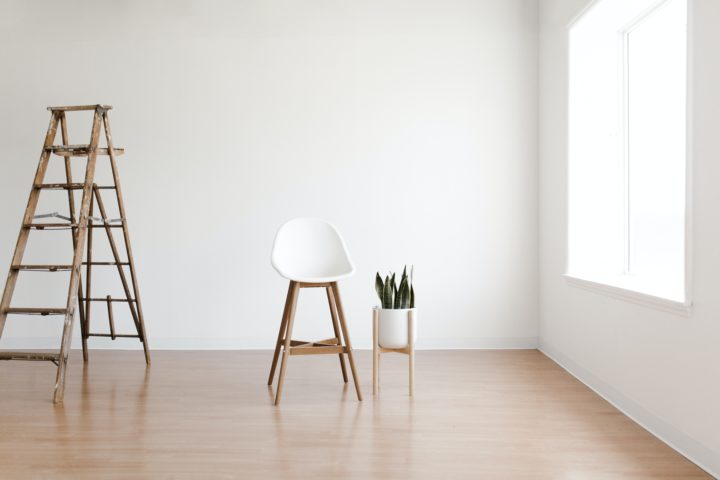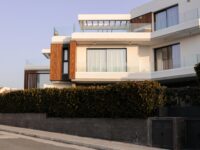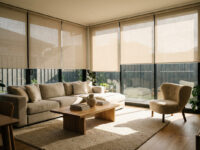The following contribution is from another author.
Hardwood floors are beautiful, timeless and add value to any home. They’re durable and come in a wide range of styles.
However, they could be a better fit for some houses. Different wood flooring species have other characteristics, such as color and graining. And some have additional dimensional stability. For example, hickory is complex and resists impact damage better than domestic wood.
Cherry
Cherry hardwood floors are available in various color tones and grains that complement many different decor styles. These floors can be refinished to look new, adding timeless beauty to any home.
The color of Cherry wood can darken with age, so it is essential to keep this in mind when choosing this species for your floors. This wood is also photosensitive and will change its appearance if exposed to too much sunlight.
Like Oak, Cherry hardwood is available in solid planks and engineered hardwood flooring. Engineered hardwood is a composite material that is more resistant to changes in moisture than solid wood, and it can be installed below grade, over concrete slabs, or atop radiant heating systems.
Walnut
Walnut hardwood floors are known for their rich chocolate-brown coloring and unique grain pattern that can be straight or wavy. This hardwood is very durable and is an excellent option for families because it requires little maintenance.
It stands at 1010 on the Janka Hardness scale, making it one of the softer domestic species. However, its natural color tones help to hide scratches and dents very well.
Like another dark hardwood flooring, walnut shows dust and dirt more quickly – so if you have young children or pets, this may not be the best choice for you. However, it is a beautiful choice for any room in the home!
Oak
Oak is one of the most popular hardwood flooring species today. It features warm tones ranging from light cream to reddish pink and brown shades with graceful swirled grain patterns. Its lustrous appearance complements various decor styles.
This domestic wood is incredibly durable and stains evenly, making it an ideal choice for high-traffic areas of your home. Its hardness level is 1360 on the Janka scale.
Tigerwood’s dynamic color pattern makes it a truly unique flooring option. Wider planks are recommended for this exotic hardwood to help eliminate the possibility of a busy appearance. It is resistant to rot, mold, and insect infestations.
Ash
Ash hardwood has a varied grain pattern and a neutral color that works well in small rooms. It is also durable and robust, which makes it great for high-traffic areas.
It is among the more complex North American wood flooring species and ranks 1320 on the Janka Hardness Scale. Its elastic properties are a plus as it bends under pressure rather than snapping and can withstand shock.
Ash is a beautiful floor option, but it can be more expensive than other options. It is also becoming more difficult to find because of the Emerald Ash Borer, an invasive beetle decimating the USA’s ash population.
Douglas Fir
Douglas Fir is one of the softest types of hardwood floors. Its natural look brings a rustic feel to any room. It is also eco-friendly and sustainable.
Douglas Fir can be prone to scrapes and scratches like all wood flooring. This is caused by grit, dust, dirt, and other debris that can be abrasive against the floor’s surface. Regular sweeping and vacuuming should prevent this.
Adding texture is another great way to protect your Douglas fir hardwood floors. This can help camouflage dents and scratches and extend the time between refinishing. Wire brushing, circular sawn kerfs, or hand scraping can add a surface.
Teak
Teak is a challenging exotic species that works well in high-traffic areas. It’s a rich, warm wood that looks great with almost any interior design style. It’s a naturally water-resistant material that can disguise dents and scratches with its unique color variation.
Hickory is very durable and resistant to damage from kids and pets. It takes stain very well, giving you many options to customize your flooring. Hickory is usually a light-colored hardwood with a fine texture that will darken slightly over time. It is easy to install and acclimates well to most climates. It also has a natural resistance to fungi and insects.
















